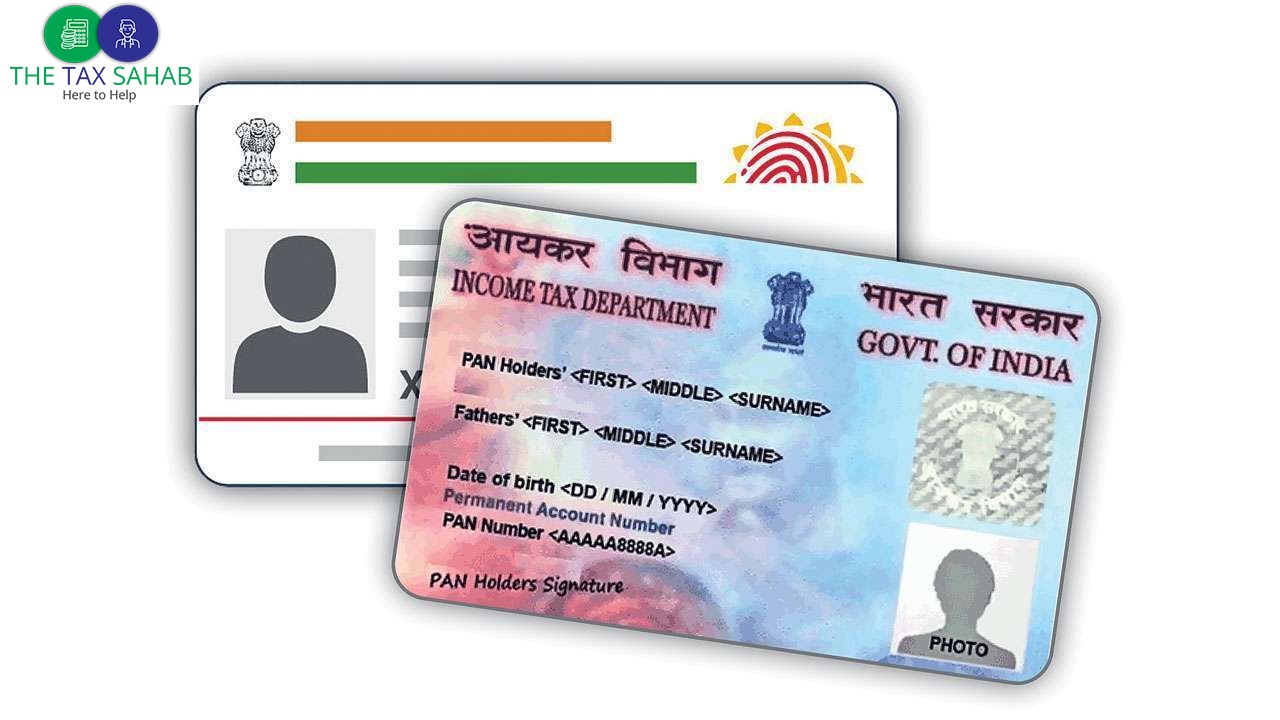Introduction: In addition to the limited liability of the shareholders, this type of company provides certain restrictions on who is allowed to own the company, as well as having different directors from the shareholders. In this article, we will explore the process of private limited company registration in India, and provide you with a comprehensive guide to the steps involved.
What is a Private Limited Company?
Generally, Private Limited Companies are made up of a small group of people who own them as a business entity. As the name suggests, the company is registered for predefined purposes and owned by a group of shareholders. In most instances, startups and businesses with high growth ambitions choose a private company as their business structure. We have discussed the exact pvt ltd company registration process.
Steps to register a Private Limited Company in India.
There are many benefits to registering a pvt ltd company in India, and one of them is that it gives startups an advantage over those who choose not to register a company in India. Registering your company is not an easy task and involves much compliance.
However, thanks to Thetaxsahab, you do not have to worry. And the private limited company registration cost is not much. Every step of the registration process of a private limited company can be handled by one of our professionals, so you do not have to worry. Here is a complete guide to pvt ltd company registration.
Step 1: RUN Name Approval
In order to register your company’s name, you must first submit a request to the Ministry of Corporate Affairs (MCA) for approval of the company name. When you apply for name approval, you may submit one or two names with business objectives. If a name permission request is declined. After the name approval application has been submitted to the MCA, it normally takes less than five business days for the application to be approved. RUN name approval is the first step of private company registration.
Step 2: Directors' Digital Signature Certificate (DSC)
A digital signature issued by a certification authority in India is required for all signatures that are submitted to the Ministry of Corporate Affairs, as wet signatures are not allowed in India. Therefore, Directors are required to sign digital signatures before the incorporation of their company, unless the digital signatures are issued by a recognized certification authority.

A digital signature issued by a certification authority in India is required for all signatures that are submitted to the Ministry of Corporate Affairs, as wet signatures are not allowed in India. Therefore, Directors are required to sign digital signatures before the incorporation of their company, unless the digital signatures are issued by a recognized certification authority.
Step 3: Incorporation Application Submission
Once the digital signatures have been obtained in SPICe Form, the incorporation application can be submitted to the MCA along with all relevant attachments. Following the incorporation of a company, its articles of association are amended by a Memorandum of Association (MOA) and an Articles of Association (AOA) that form part of the company’s incorporation application.
Incorporation Certificates are granted along with the company’s PAN by the Ministry of Corporate Affairs (MCA) if the incorporation application is considered complete and acceptable by the MCA. In general, all incorporation applications are normally accepted by the MCA within less than five working days after submission.
Documents Required to Register Private Limited Company in India.
The MCA in India accepts a number of documents as proof of identity and address during the registration process for the incorporation of private limited companies. Listed below are the documents that are accepted by the MCA:
- PAN Card
- Passport
- Aadhaar Card
- Address Proof
- Bank Statement
- Latest Electricity Bill
- Latest Telephone Bill
- Passport Size Photo

Note: The registered office does not necessarily need to be a commercial space; you can register your business from your residence as well.
Private Limited Company Compliances
After the registration of a company, it is required that the company maintains certain compliances on a regular basis in order to avoid fines and legal action taken against the company. The following compliance requirements, among others, must be met in order for these compliances to be fulfilled:
Auditor Appointment: It is required within 30 days of a company’s incorporation, it must hire a practicing and licensed Chartered Accountant who is a member of the ICAI and has the required qualifications.
Director DIN KYC: Each year, all directors of corporations who hold the Director Identification Number (DIN) – which is allocated during the incorporation process – are required to complete the Director Identification Number KYC, in order to verify the phone number and email address on record with the Ministry of Corporate Affairs.
Commencement of Business: It is the responsibility of the company to open a bank account within 180 days of incorporation and to receive the subscription amount as stipulated in the company’s Memorandum of Agreement within those 180 days.
Therefore, if the company was to be incorporated with a paid-up capital of Rs. 1 lakh, the shareholders would need to deposit Rs. 1 lakh in order for the company to be incorporated.
In order to obtain a certificate of commencement of business, there has to be a deposit of Rs. 1 lakh in the bank account of the company and the bank statement filed with the MCA.
MCA Annual Filings: Whenever a company is registered in India, the Ministry of Corporate Affairs is required to receive a copy of its financial statements at the end of each financial year.
In the event that a company is incorporated between January – March of a given financial year, it may opt to file its first MCA annual return, form MGT-7, as part of the next financial year’s annual return filing.
The form MGT-7 and the form AOC-4 are the forms required to file the MCA annual return. In order to complete these forms, both Directors and a practicing professional must digitally sign each one of them.
Income Tax Filing: A company’s income tax return must be filed each and every year by using Form ITR- A company’s income tax return must be digitally signed by one of its Directors using a digital signature irrespective of when the company was incorporated.
Regardless of the date on which the company was incorporated, the income tax return must be filed by the due date for each financial year.
Checklist for Registering Private Limited Company in India
According to the Companies Act, 2013 and the Companies Act, 2013 it is mandatory to ensure that all requirements on the checklist are met.
The company should have two directors:
The minimum number of directors required by law for a private limited company is two, with the maximum being fifteen directors, of which at least one must be an Indian citizen. The minimum number of directors required by law for a private limited company is two.

Unique Name of the Company:
In order to establish a private limited company in India, it is essential that the name of the company is unique. The name of the trademark or company should not be the same as that of any existing company or trademark in India.
Minimum Starting Capital:
The minimum amount of capital that needs to be raised for the formation of a Pvt Ltd company is not fixed. As a rule, a Pvt Limited company should have a minimum of one lakh in authorized capital.
Company’s Registered Office:
There is no requirement that a limited company’s registered office to be located in a commercial space. Even a rented house with a NOC from the landlord can be used as the registered office of a limited company.
Benefits of Pvt Ltd Company Registration
As a business owner, registering a company will benefit your business in a wide range of ways. It will enhance your business’s authenticity and will help your business grow. As we all know that there is a lot of benefit of a private limited company some of which are listed below:
- Protects you from legal liabilities and risks.
- Increase the number of customers.
- Provides protection for your assets.
- Acquire credit from banks easily and secure good investments from reputable sources.
- Higher capital investment and more stability.
- Expands potential to grow and develop.
Conclusion
No doubt that Private Limited Companies are very popular due to the number of advantages that they offer. It is very difficult to register a private limited company during the initial stages of the company’s development. In order to assist you with this process, you should seek the assistance of a professional CA.





